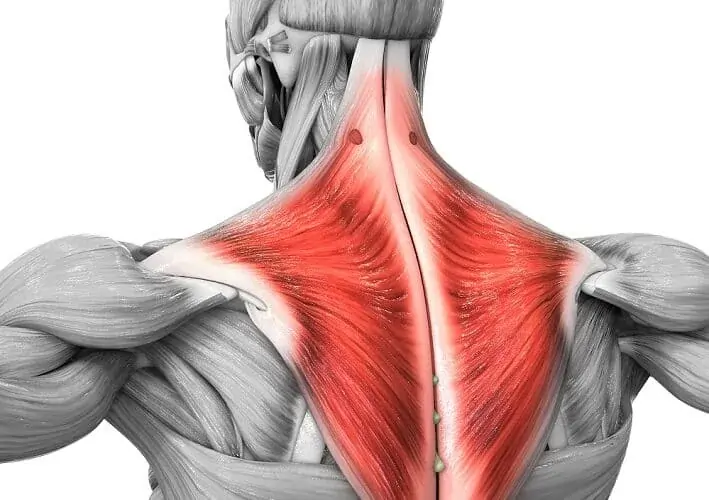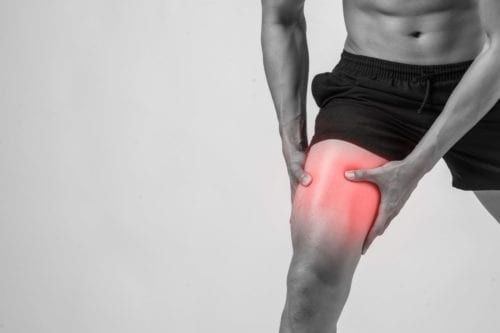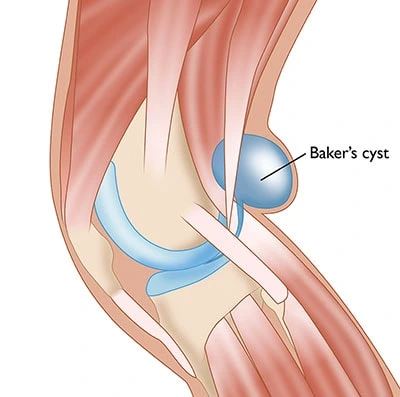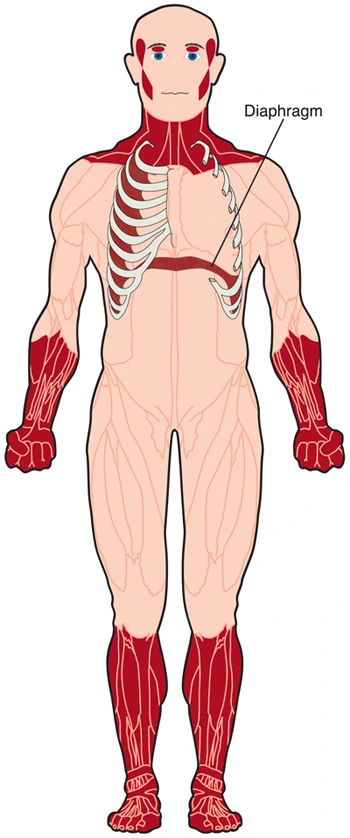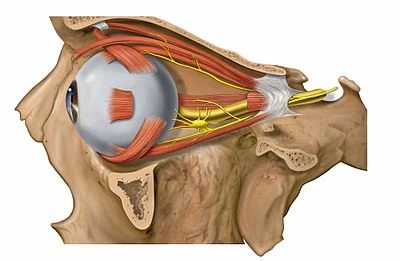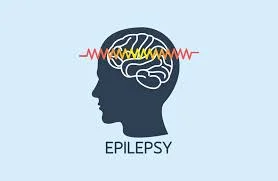Lennox-Gastaut syndome
What Is Lennox-Gastaut Syndrome? What are the Causes of Lennox-Gastaut Syndrome? In certain cases, it could be caused by: Lennox-gastaut syndrome behavioral problems What are the Symptoms of Lennox-Gastaut Syndrome? And they often have different kinds of seizures, involving: Atonic seizures: Also called “drop attacks,” the person loses muscle tone and can drop to the…


